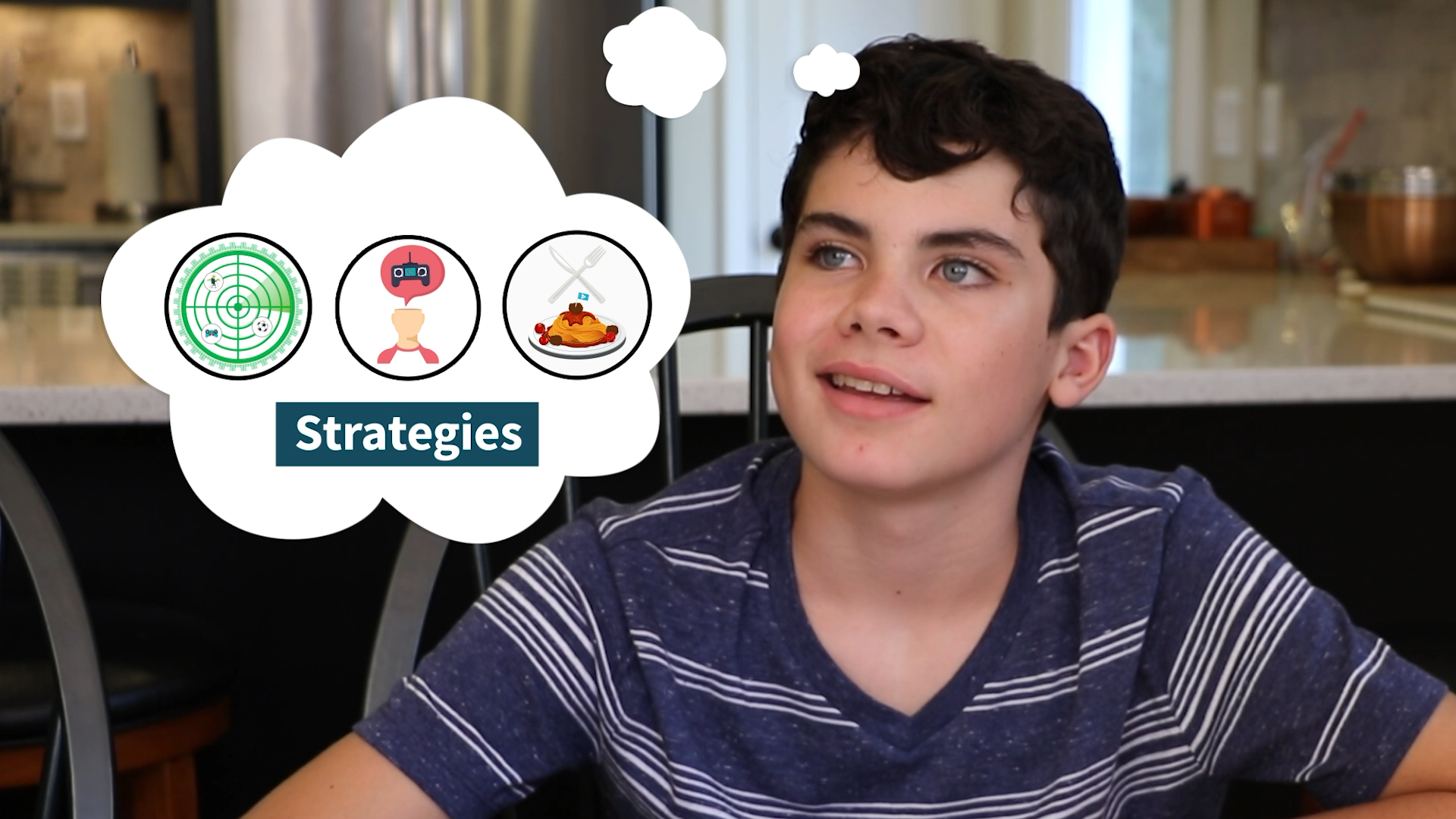Introduction:
High school is a crucial time for students to develop strong social skills that will help them navigate parties and social events with ease and confidence. In this blog post, we will discuss three essential skills for high school students to practice and implement in social settings: Topic Radar, Restaurant Rules, and Self-Controller. These skills will not only enhance their social experiences but also contribute to their overall personal growth and development.
No-Prep Activity: The Topic Radar Challenge
This activity requires no preparation or materials from the educator. The goal of the Topic Radar Challenge is to help students practice identifying conversation topics that are of interest to others and engaging in meaningful conversations.
- Divide the students into pairs.
- Ask each pair to take turns discussing a recent social event or party they attended.
- While one student shares their experience, the other student should listen carefully and identify topics that the speaker is interested in.
- After the first student finishes sharing, the listener should ask a follow-up question related to one of the identified topics.
- Switch roles and repeat the process.
By participating in this activity, students will practice using their Topic Radar to identify conversation topics and engage in more meaningful discussions with their peers.
Discussion Questions:
- Why is it important to use our Topic Radar when talking to others at social events or parties?
- How can practicing Restaurant Rules help us feel more comfortable and confident at a meal with others?
- What strategies can we use to activate our Self-Controller when feeling nervous or overwhelmed at a social event?
- How can improving these social skills contribute to our overall personal growth and development?
Related Skills:
Beyond the skills mentioned above, there are several other social-emotional learning skills that can help high school students navigate social situations more effectively. Some of these skills include:
- Active listening: Paying attention to the speaker and demonstrating understanding through nonverbal cues and paraphrasing.
- Empathy: Understanding and sharing the feelings of others, which helps in building strong connections.
- Assertiveness: Expressing one’s thoughts and feelings respectfully and standing up for one’s rights without being aggressive.
- Conflict resolution: Addressing disagreements and finding solutions that work for everyone involved.
Next Steps:
Now that you have learned about these essential social skills for high school students, it’s time to put them into practice. To help you get started, we encourage you to sign up for free samples of these skills and others at Everyday Speech. With these resources, you’ll be well-equipped to guide your students through the process of developing strong social skills that will serve them well in high school and beyond.






